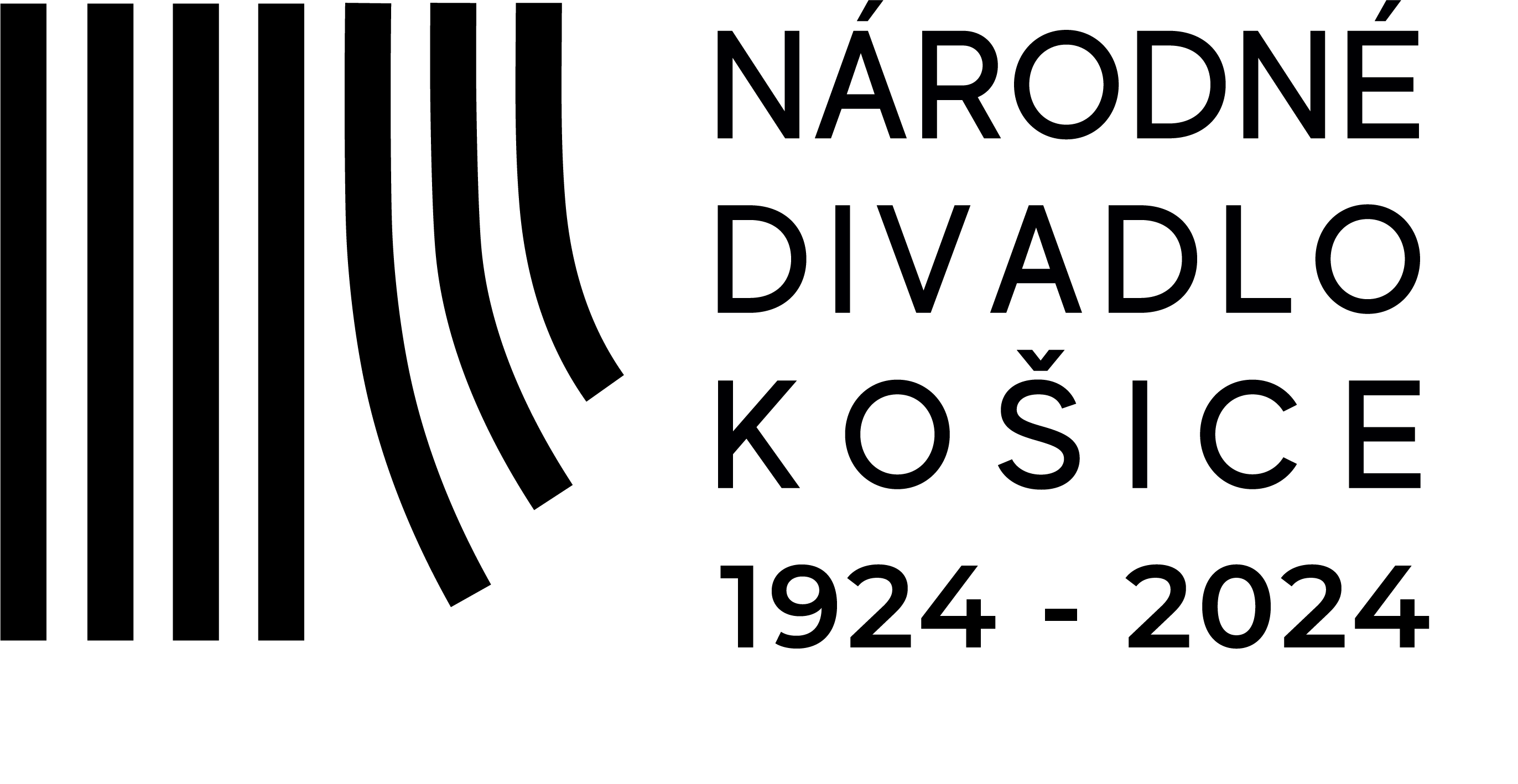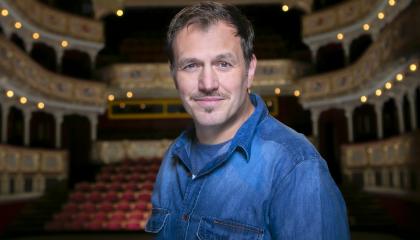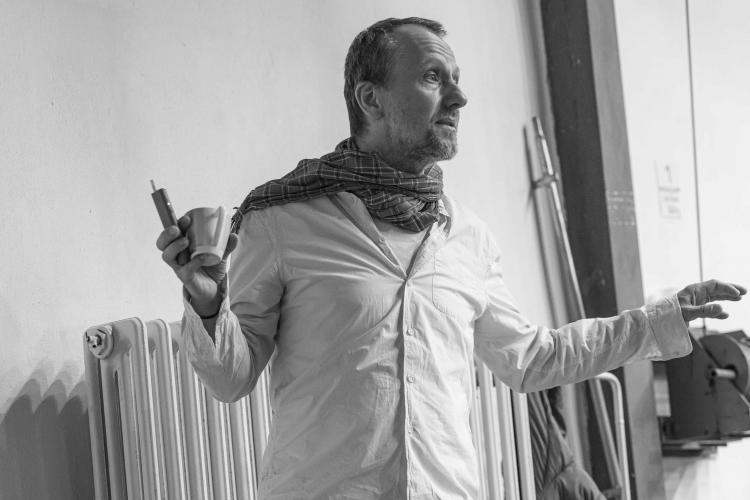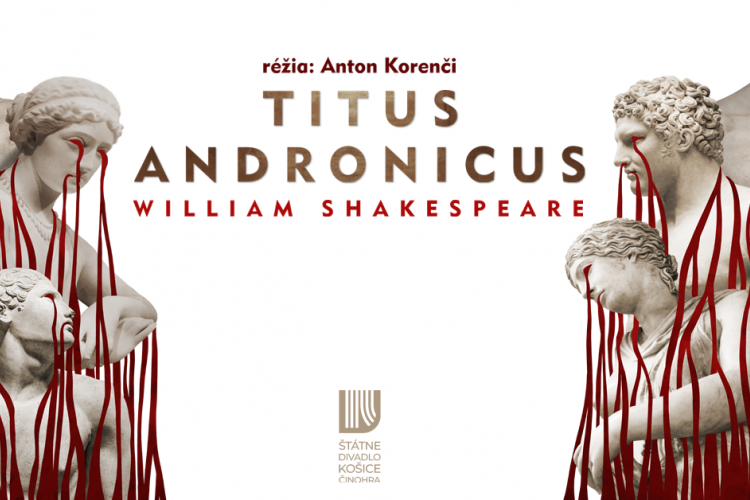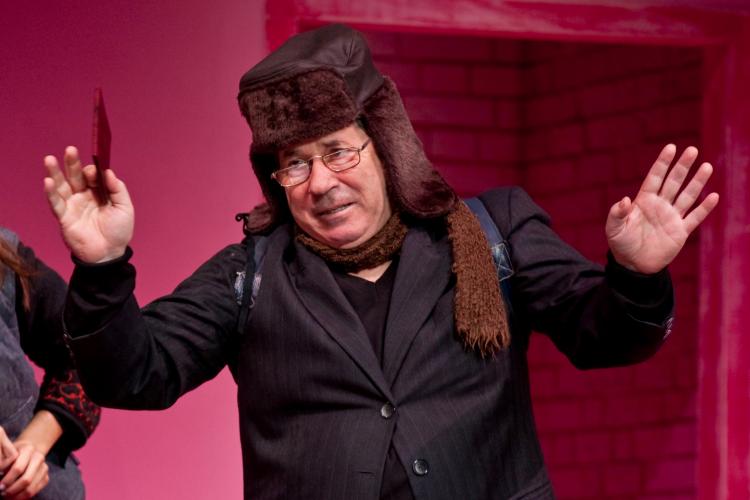The celebrations of International Children's Day at the National Theatre Košice will conclude on Sunday, June 2, with the premiere of a new play for children, "About Paľo, Who Was Not Afraid of Any Devil." Based on the fairy tales of Pavol Dobšinský, the play was written by Peter Cibula, an actor of the NDKE Drama, and marks his directorial debut at his home theatre. Dramaturge Peter Himič interviewed him before the premiere.
People see you primarily as an actor. However, your theatrical scope is quite large, with fairy tales playing a significant role. What is it about this specific, and let's admit, artistically challenging domain, that captivates you?
Like most children, I was fascinated by the magical world of fairy tales. Far more than the real world, where I often felt as lost as Alice in Wonderland. It’s also the first artistic genre that a person—as a child—encounters, usually through storytelling or reading. I wasn’t lucky enough to have good storytellers around me. Or maybe I was just picky? I got bored easily and so I turned to those mysterious things—books that held stories within their pages. Before I learned to read, I created my own stories, deducing from the pictures. Of course, I never missed the Sunday morning radio fairy tale. Later, I would retell these stories in my own way to my friends. I loved letting my imagination run wild, without worrying about the reactions of adults. At the same time, I enjoyed the attention and enthusiasm of my audience. This is how, almost unnoticed, an author, interpreter, and director began to take shape within me. A fairy tale, apart from offering a lesson, magic, and mystery, holds an incredibly powerful truth, not just about the world, but about each of us. It’s a matter of whether we are capable or willing to acknowledge it. And if so, whether we will do anything about it.
One of the foundations of theater is the artistic retelling of stories. Your journey from friends and books to the stage was quite short.
I started acting in a children's theater group at the age of eight. Naturally, we performed fairy tales, which deepened my connection to them even further. They enchanted me, leading to my beginnings as an author and director. Besides working with children, I also prepared theatrical fairy tales with adults and engaged in solo performances. At the turn of the 1980s and 1990s, with a solo act called "O pravdovravnom pastierovi" (About the Truthful Shepherd), which I wrote in verse based on Hungarian folk tales, I even represented abroad and was selected to shoot for UNICEF. This was a decisive moment that led to acting, writing, and directing collaborations at the Spiš Theatre in Spišská Nová Ves, which at that time focused on creating for children and youth. There, I could "tell stories" to my heart's content. And so, fairy tales became my destiny.
What is it like to stand not on stage next to your colleagues as an actor, but in the audience as a director?
Honestly, I didn't think about it before or during the rehearsal process. I'm a theater person, which means I live by what I do – I create. I put my all into it, whether as an actor or as a director. When working with colleagues, it feels the same as working in other theaters and with other actors. One small advantage is that I know my colleagues' acting abilities. Perhaps it's more of a question for them. What matters is not our positions but that we are on the same boat. Using a sports analogy, it's not about who scores the goal but about winning the game. I hope that theater won, and with it, everyone – the audience and the creators.
You're also the author of the story. This time, so to speak, you reached into your own home library.
Slovak fairy tales are a very important part of not only literature but our entire culture. My script was created based on motifs from four Dobšinský's fairy tales. The reason is simple. I wanted to return to the roots of our folk literature, among other things, so that we don't forget, with the flood of foreign works, that we also have our own tradition and our own quality authors. And also because the fairy tales collected and written by Pavol Dobšinský contain timelessness and parallels with the present day.
